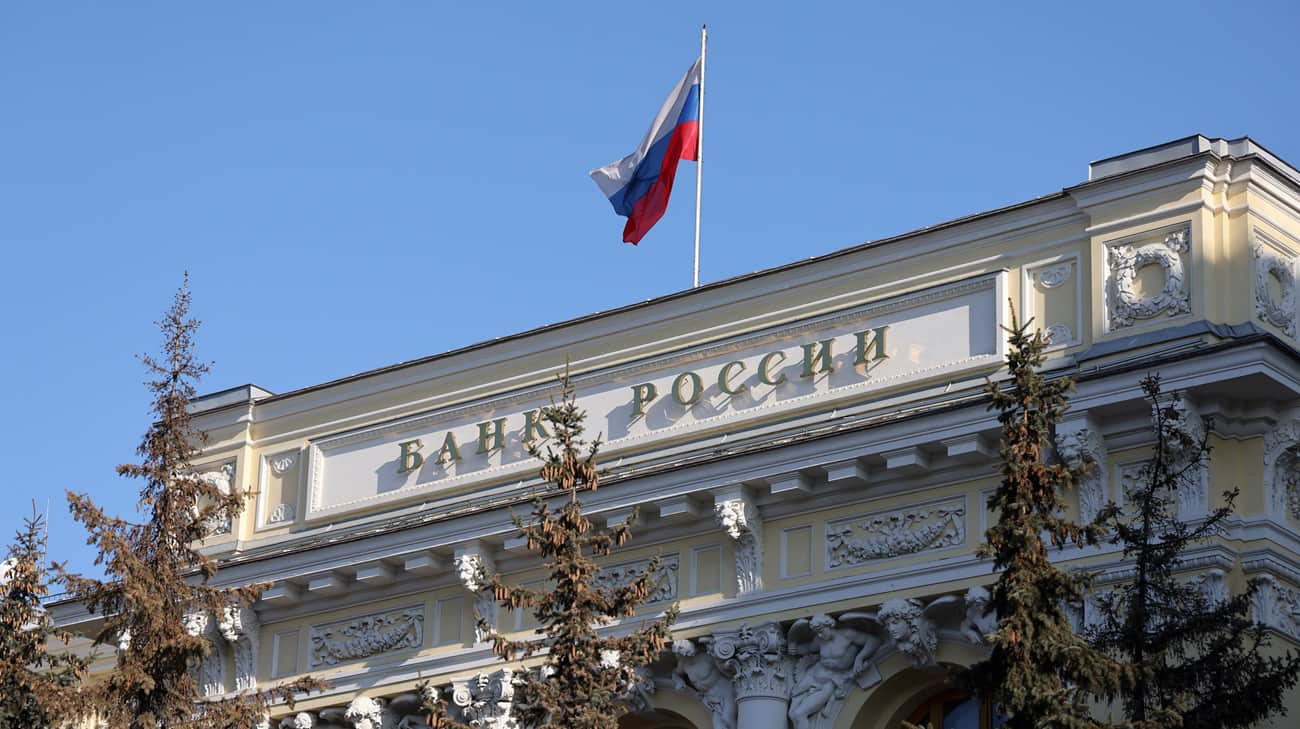Banks urge UK to prepare legislation for possible transfer of Russian assets
International banks, seeking to avoid legal problems, are calling for the establishment of legal principles before transferring funds to Ukraine. Source: Bloomberg Details: The total amount of frozen Russian money in the UK is unknown, but some say it is £26 billion (approximately €30 billion) of the Central Bank of Russia's assets.

International banks, seeking to avoid legal problems, are calling for the establishment of legal principles before transferring funds to Ukraine.
Source: Bloomberg
Details: The total amount of frozen Russian money in the UK is unknown, but some say it is £26 billion (approximately €30 billion) of the Central Bank of Russia's assets.
Some bankers and lawyers in the UK have stated that high-profile asset seizures risk damaging London's reputation as an international financial centre and could raise questions about the rule of law.
People familiar with the matter said that the priority for banks is to secure some form of legal protection or indemnity against any future claims by Russia against individual financial institutions involved in the asset seizures.
Alternative proposals are being created to prevent problems arising from the alienation of Russian money in favour of Ukraine.
One of them is to issue bonds using the funds as collateral.
Another scenario, which has gained popularity among banks and in the EU, is to separate the interest accrued on the seized assets and transfer it to Ukraine, leaving the assets themselves untouched.
This scenario is considered the most acceptable to many bankers.
Financial institutions have told MPs and public servants that any move to seize the money would require a clear audit trail to show that the funds were going to Ukraine and make the process credible and transparent.
They also urged the government to consider any pressure on bank liquidity that might arise from either sudden demands for cash or other foreign investors concerned about asset seizures deciding to withdraw their funds.
Background:
- The international depository Euroclear believes that the use of frozen Russian assets as collateral for the issuance of debt obligations for Ukraine would pose risks to financial stability in Europe.
- Euroclear has also reported receiving about €3 billion in interest income from frozen Russian assets.
Support UP or become our patron!


